7 Day Meal Prep Plan for Busy Weekdays
Staying Organized: Tips for a Smooth Week
Planning Ahead is Key
Effective meal prepping starts with meticulous planning. Consider your schedule for the week – are there any meetings, social events, or unexpected commitments? Anticipating these factors allows you to allocate sufficient time for prepping and minimizes the stress of last-minute decisions. A well-thought-out plan reduces the likelihood of grabbing unhealthy takeout or skipping meals altogether, both of which can hinder your overall well-being and adherence to your goals.
Creating a detailed shopping list based on your planned meals is also crucial. This prevents impulse purchases and ensures you have all the necessary ingredients on hand. Take note of any special dietary needs or restrictions you have, and incorporate them into your meal plan and shopping list to avoid any unwanted surprises or deviations from your intended dietary habits.
Grocery Shopping Strategy
Efficient grocery shopping is essential for a successful meal prep plan. Instead of wandering aimlessly through the aisles, utilize your shopping list as a roadmap. This focused approach ensures you buy only what you need, reducing food waste and unnecessary spending. Prioritize purchasing ingredients that have a longer shelf life to maximize the effectiveness of your meal prep efforts and make the most of your time and resources.
Consider grouping similar items together to streamline your shopping experience and expedite the process. This organized approach helps maintain focus and prevents getting overwhelmed by the sheer number of choices available. It is also beneficial to check for sales and promotional offers to save money and make your meal prep plan more budget-friendly.
Preparing Your Ingredients
One of the most time-saving aspects of meal prepping is properly preparing your ingredients. Chop vegetables, cook grains, or portion out proteins in advance. This streamlines the cooking process during the week, allowing you to focus on quickly assembling meals rather than spending valuable time on tedious preparation tasks. Pre-portioning ingredients into individual containers also promotes portion control, which can be beneficial for maintaining a healthy lifestyle.
Portioning and Storage
Proper portioning and storage are key to maintaining the freshness and quality of your prepped meals. Use airtight containers to prevent spills and maintain the freshness and flavor of your meals. Labeling containers with the date and contents will help you easily identify the meals and ensure you consume the older ones first, minimizing food waste.
Utilizing Your Time Wisely
Meal prepping doesn't have to be a time-consuming activity. By strategically using your time, you can make meal prepping a manageable part of your weekly routine. Start with smaller portions and gradually increase the volume as you become more comfortable and efficient. Consider prepping ingredients on the weekend to free up time during the week.
By optimizing your workflow and adapting your approach as needed, you can transform meal prepping from a daunting task into a simple and effective way to nourish your body and maintain a healthy lifestyle. Being organized and strategic with your time will allow you to tackle your week with ease and a sense of accomplishment.

Read more about 7 Day Meal Prep Plan for Busy Weekdays
Hot Recommendations
-
*Guide to Managing Gout Through Diet
-
*Best Habits for Financial Well being
-
*How to Build a Routine for Better Mental Health
-
*How to Eat Healthy on a Budget [Tips & Meal Ideas]
-
*Guide to Practicing Self Acceptance
-
*How to Incorporate More Movement Into Your Day
-
*Guide to Managing Chronic Pain Naturally
-
*Guide to Building a Reading Habit for Well being
-
*Top 5 Weight Loss Supplements That Actually Work
-
*Best Exercises for Postpartum Recovery [Beyond Abdominal Work]
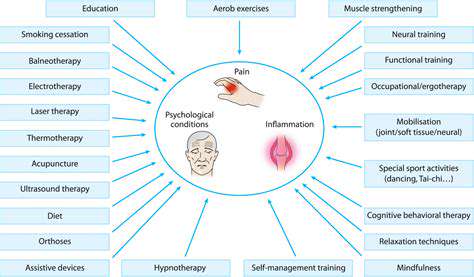



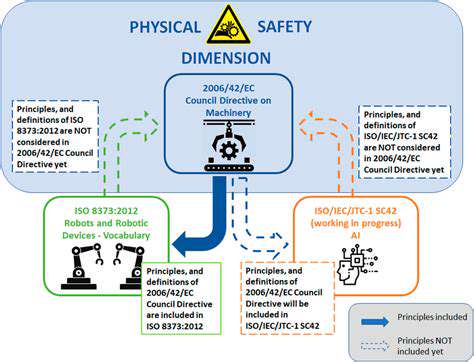


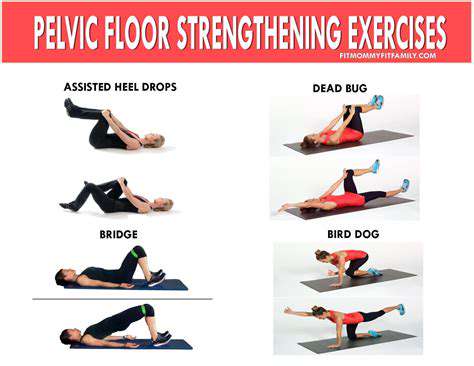

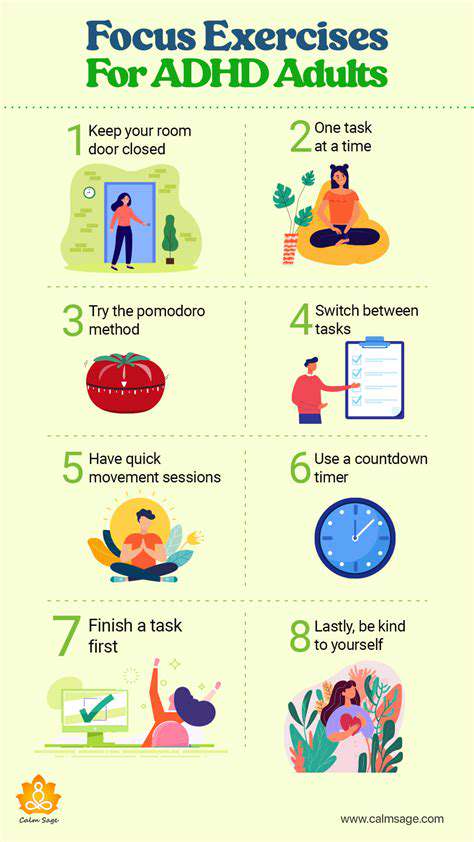
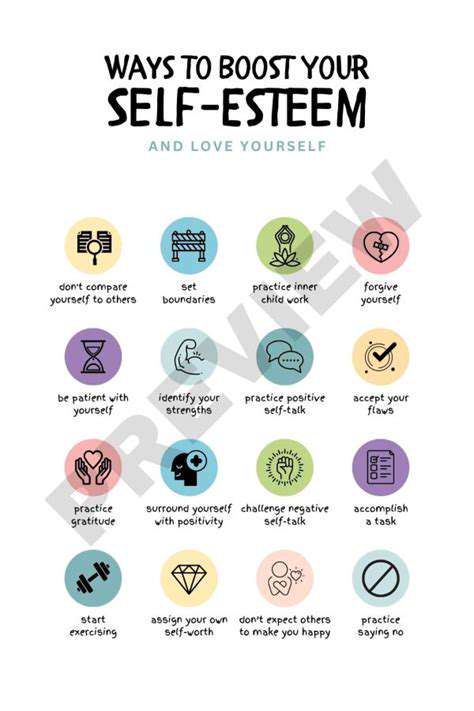
![Best Meditation Apps for Beginners [2025 Review]](/static/images/26/2025-05/Top3MeditationAppsforBeginnersin2025.jpg)